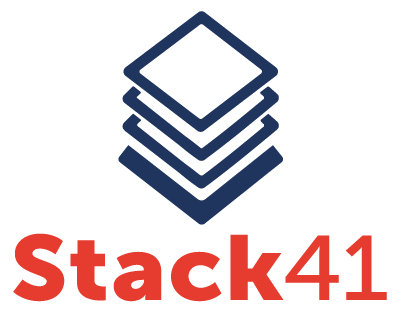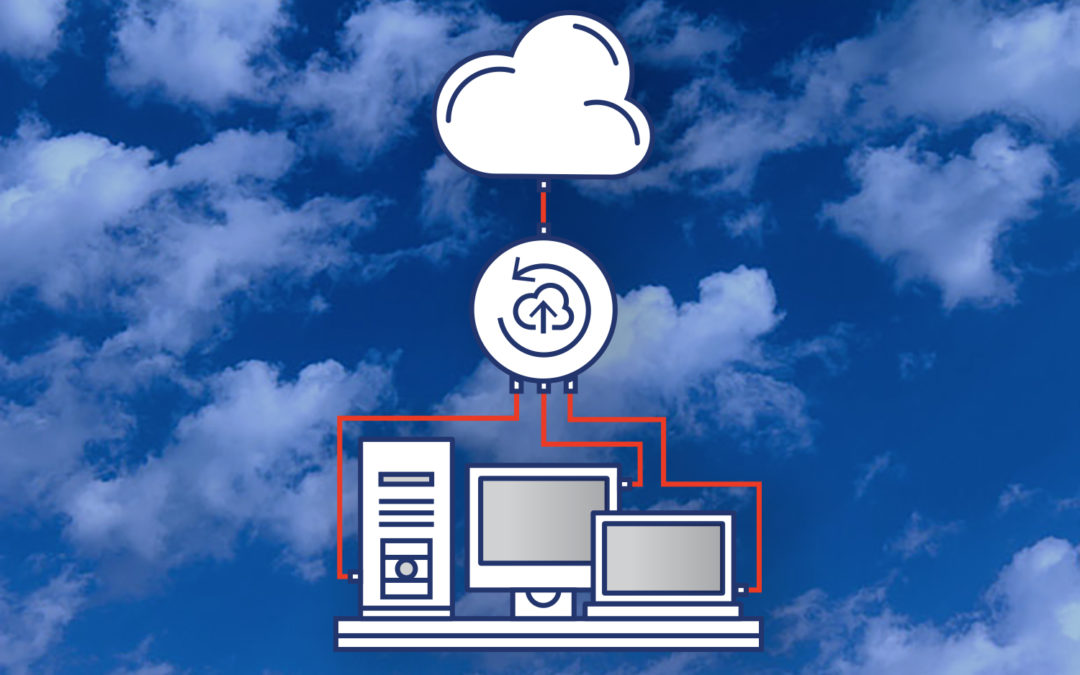The “Cloud”
While the public cloud is a good solution for some – the private cloud is superior for mission-critical applications where performance is paramount. “The Cloud,” as defined by IT service providers, is a general term for the delivery of hosted services over the public Internet. In the practical real world though, any business IT environment that serves applications to remote users over a public Internet connection calls itself a cloud.
Mega-clouds housed in distributed data centers that serve millions of remote users, mostly in the consumer space (AWS, Google, Azure), are known as public clouds, again serving applications over the public Internet. In contrast, a private cloud can refer to a business’ own on-site data closet (a “do it yourself” – DIY strategy), or to a local outsourced, specialized third-party data center service provider.
Suitability
The private cloud is perfectly suited to high-value, mission-critical applications where performance is the most important criterion. Industries that typically fall into this category are healthcare, engineering, and manufacturing. Organizations in these industries need to have data readily available and easily accessible to its users. Applications such as databases, imaging, CAD, IoT and ERP are most suited to the private cloud. Reasons for this suitability include application latency, file size and uptime.
Virtually all private cloud environments started out at in an on-site DIY data closet, and in-house IT resources were used to manage them. There is an inevitable and continuing migration to specialized, outsourced local providers due to a number of factors, which include:
- Physical security (an on-site cloud is likely to be highly vulnerable)
- Virtual security (cyber security is highly specialized)
- Uptime (problems with UPS, generator Internet and general systems redundancy)
- Insufficient qualified IT resources
- Budget (hardware and licenses must be regularly and consistently renewed)
The Private Cloud: Better and Less Expensive Than You Think
With definitions and explanations out of the way, it’s important to understand that the public cloud has its place and is unmatched for applications that need to be massively scalable, widely distributed and reasonably reliable. Such applications are SaaS (think SalesForce), or large e-commerce or e-mail.
The public cloud is completely wrong for and detrimental to applications that are latency-sensitive (databases that rely on rapid round-trip speed) very large files that must be quickly transferred without interruption, or any application too sensitive to be exposed to the public Internet (even with “secure” encryption). Significantly, the public cloud is terrifyingly unsuited to IoT applications that stream a large number of data points where data continuity is very important. To begin using the public cloud on a small scale for an application that will grow to a very large scale and relies on data integrity is a recipe for disaster.
Businesses should beware software vendors with a vested interest in directing customers to their public cloud platform for IoT applications. By becoming too entrenched in such a public cloud will make such applications perform poorly in the short term, and become economically untenable in the long term.
One of the most compelling reasons to consider the outsourced private cloud is cost. It is a mistake to think that DIY cloud is naturally going to be less expensive. A business typically cannot afford the cost of redundant high-bandwidth Internet carriers at their headquarters location, and effective management of those Internet feeds is highly specialized. A reputable data center service provider will be able to deliver redundant, resilient, highly scalable, flexible Internet bandwidth for one tenth of the cost of a DIY arrangement. For cloud applications that are inherently dependent on reliable Internet performance, this is the ultimate, logical reason to outsource cloud applications to a local, private cloud provider.
For optimal performance and security, a business should connect its headquarters to the purpose-built data center hosting an outsourced private cloud with a point-to-point private line connection. This will facilitate secure backups, and a myriad of other business IT functions that will make applications hosted in the purpose-built data center function the same as they would in an on-site data closet but with all of the required security and redundancy a true data center brings.
About Stack41
Stack41 uses best-in-class hardware appropriate to a customer application and do not utilize single-source vendor hardware unless it is demonstrably the best alternative or a customer specifically requests its use.
Our pricing is based on a combination of three components: RAM, storage and bandwidth. This helps clients understand solution costs and formulate an accurate budget knowing there are no hidden costs.
Plus – we’re smart, reliable, honest people. You’ll like working with us. We’ll do a great job. And you can rest assured that your business is in good hands.

